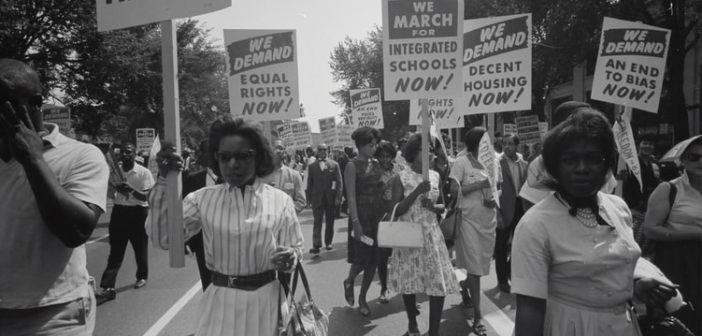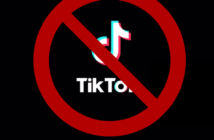By Juan Carvajal, Contributing Writer
Protest and movements have always been an important part of the U.S. history.
The Bus Boycott of 1955 was one of the most historic examples of civil rights protests This protest was initiated by Rosa Parks’ peaceful refusal to a white man’s request; it was the turning point that sparked the racial inconformity that had been accumulating for years.
During the Birmingham Campaign of 1963, led by the Southern Christian Leadership Conference, a series of marches and sit-ins were caried out to end racial segregation in public facilities in Birmingham, Alabama. As one of the most violent and pivotal events in Alabama, it revealed the abuses that African American residents were facing.
Like past protests, modern ones still fight for the same goal: creating awareness of the rights and dignity of African Americans. The great difference between both, is their cause and consistency.
Dr. Heather Parker, Dean of the College of Arts and Sciences and History Professor at Saint Leo University, suggested that past protests were the result of consistent racial discrimination and abuse; meanwhile, modern protests are the result of occasional incidents.
“The major difference between the past protests and today’s protests is that contemporary ones tend to be sparked by a single incident such as the killing of African Americans by police in any part of the country as we saw with George Floyd,” said Parker.
Another difference, as reported by National Geographic, is that, unlike past protesters, who could not reach a bigger audience, modern protesters have the advantage of social media, which allows them to make racism and segregation more evident than it was in the past.
“[…] conversely, protests of the past, such as those led by Martin Luther King, Jr., were in reaction to 100 years of widespread racism in the post-slavery South that led not only to the unpunished killing of African Americans by any white person as well as by the police, but also to racial segregation in the South and the denial of voting rights in the South,” said Parker. “As we move further away from the 1960s, and fewer people remain alive who actually remember seeing the Civil Rights Protests on television, fewer people understand the legacy of King’s historic movement.”
King was not the only leader who fought courageously for the same goal. Frederick Douglass and Ida B. Wells are historical figures that also shaped the country.
Frederick Douglass is known for his involvement in the abolitionist movement as well as his contributions to the women’s right movements. Douglass was born a slave, but he was taught to read by his slave master’s wife and later became a freedom fighter.
Unlike Douglass, Wells was not born into slavery, but she faced ridicule and discrimination throughout her career as a journalist, while exposing the abuse that African Americans faced in Memphis, Tennessee. As an activist, she joined the boycott of the World’s Columbian Exposition.
According to Parker, “The most important lessons we can learn from Frederick Douglass, Ida B. Wells, and many others, is that their work is not done. The United States has yet to achieve the goals of these early leaders.”
Dr. Parker suggests that a reason for the present challenges that African Americans face today, is that great part of the population is unaware of the problems that many low-income African Americans face. This lack of awareness is partly due to segregation.
“Most Americans probably do not understand why African Americans continue to demand equal treatment and equal opportunity in this country. This happens because most Americans do not witness the struggles that low-income African Americans encounter in daily life. A reason for this is that we still live in a segregated society,” said Parker.
According to Parker, “Several schools remain mostly African American or white, depending upon the region. These schools reflect the composition of American neighborhoods which remain mostly all white or all African American.”
In the last decades, segregation has reasonably improved, since, not only educational institutions are less segregated, but businesses as well. Though there is still much work to be done, social media is continually allowing today’s protesters to be heard. And, this has resulted in more opportunities for African Americans.





